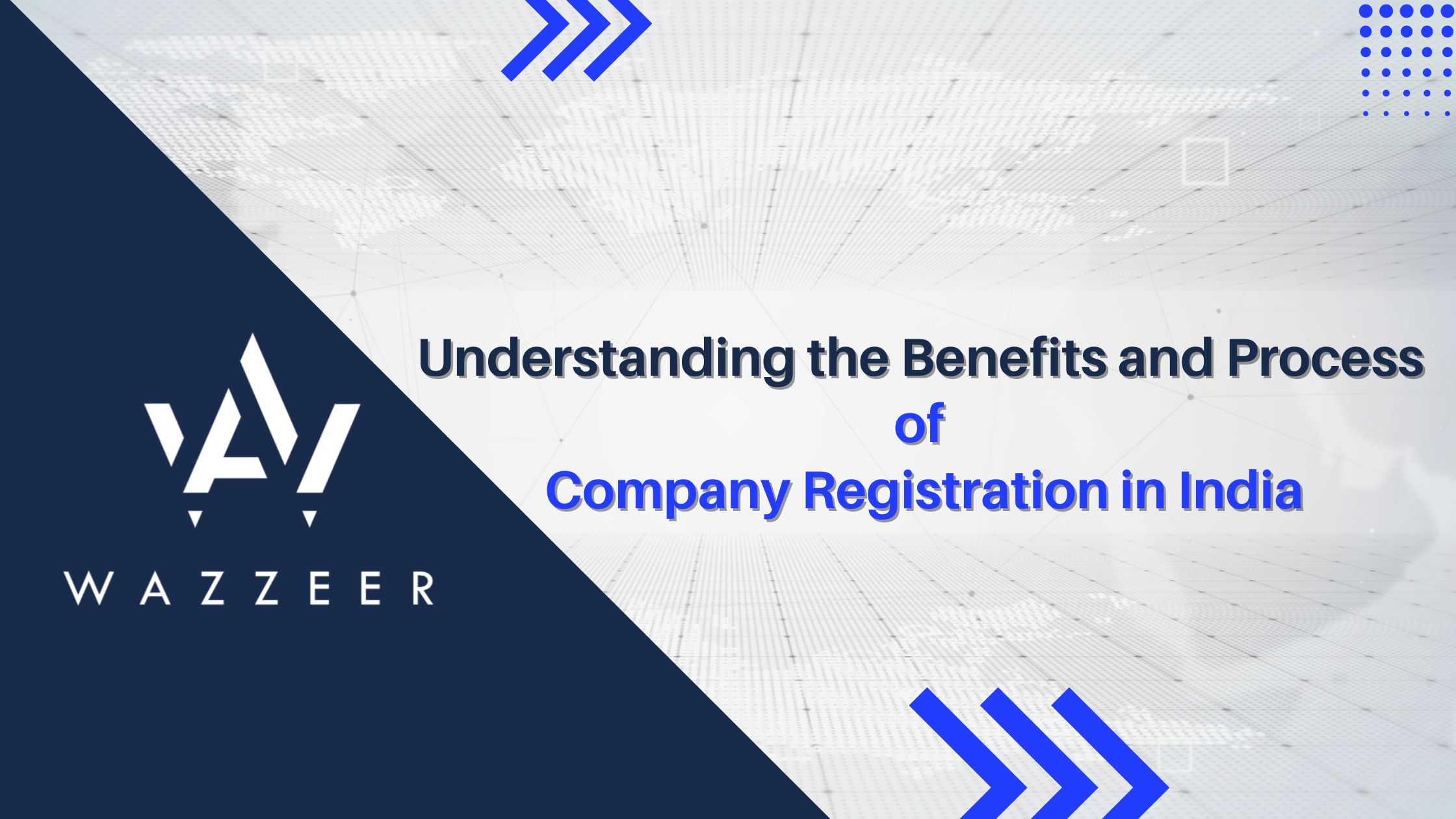Types of Company Structures in India
In India, businesses can be structured in various ways, each with its own benefits and compliance requirements. Here are the primary types:
Private Limited Company (Pvt. Ltd.)
Benefits:
- Limited liability protection for shareholders.
- Separate legal entity.
- Ease in raising funds from investors.
- Perpetual succession.
- Credibility and trust with customers and suppliers.
Compliance:
- Minimum 2 and maximum 200 members.
- At least 2 directors (maximum 15).
- Restrictions on the transfer of shares.
Public Limited Company (Ltd.)
Benefits:
- Ability to raise capital from the public through stock exchanges.
- Limited liability for shareholders.
- Greater transparency and regulatory oversight.
- Separate legal entity.
Compliance:
- Minimum 7 shareholders, no upper limit.
- Minimum 3 directors.
- Mandatory to publish financials and hold annual general meetings.
- Must issue a prospectus or a statement in lieu of a prospectus before issuing shares.
One Person Company (OPC)
Benefits:
- Single entrepreneur can operate with limited liability protection.
- Separate legal entity.
- Simplified compliance compared to Pvt. Ltd. or Public Ltd. companies.
- Perpetual succession.
Compliance:
- Only one member and one director.
- Conversion to a Pvt. Ltd. or Public Ltd. company is mandatory if paid-up share capital exceeds ₹50 lakh or average annual turnover exceeds ₹2 crore in three consecutive years.
Step-by-Step Process of Registering a Private Limited Company in India
1. Obtain Digital Signature Certificate (DSC)
- Required for all directors.
- Issued by certifying authorities under the Information Technology Act, 2000.
2. Apply for Director Identification Number (DIN)
- Required for all directors.
- Can be obtained by filing DIR-3 or along with the SPICe+ form.
3. Name Approval
- Apply for company name approval through the RUN (Reserve Unique Name) web service on the MCA portal.
- Up to two names can be proposed.
4. Prepare and File the Incorporation Documents
- SPICe+ (Simplified Proforma for Incorporating Company Electronically Plus) form:
- Part A: Name reservation.
- Part B: Incorporation.
- INC-33 (e-MoA) and INC-34 (e-AoA): Memorandum of Association and Articles of Association.
- AGILE-PRO-S form: For GSTIN, ESIC, EPFO, and other statutory registrations.
5, Submission of PAN and TAN
- PAN (Permanent Account Number) and TAN (Tax Deduction and Collection Account Number) applications are filed along with the SPICe+ form.
6. Incorporation Certificate
- Upon approval, the Registrar of Companies (RoC) issues the Certificate of Incorporation (CoI).
- The company is legally registered from the date mentioned in the CoI.
7. Post-Incorporation Compliance
- Open a Bank Account: In the name of the company.
- Commencement of Business: File a declaration within 180 days of incorporation that every subscriber to the Memorandum has paid the agreed amount of shares (INC-20A form).
- Statutory Registers: Maintain registers such as the register of members, directors, and charges.
- Company Seal: Although not mandatory, having a company seal can be useful.
- Share Certificates: Issue share certificates to the shareholders.
Necessary Documents
For Directors:
- Proof of Identity: PAN card (mandatory for Indian nationals), passport (for foreigners).
- Proof of Address: Aadhaar card, voter ID, driving license, utility bills, etc.
- Digital Signature Certificate (DSC).
For Registered Office:
- Proof of Address: Rental agreement/lease deed or property ownership documents.
- No-Objection Certificate (NOC) from the property owner.
For Company:
- Proposed names for the company.
- Memorandum of Association (MoA) and Articles of Association (AoA).
- Declaration by directors and initial shareholders (INC-9 form).
By following these steps and ensuring all necessary documents are in order, one can efficiently register a Private Limited Company in India and benefit from its advantages.
Wazzeer can significantly simplify the process of registering a company in India by offering expert assistance with all finance, legal and compliance requirements. We provide end-to-end support and our professional team ensures accurate preparation and timely submission of necessary documents, guiding clients through each step to avoid common pitfalls. By leveraging Wazzeer’s services, entrepreneurs can efficiently establish their businesses, ensuring compliance with Indian regulations and focusing more on their core business activities.
